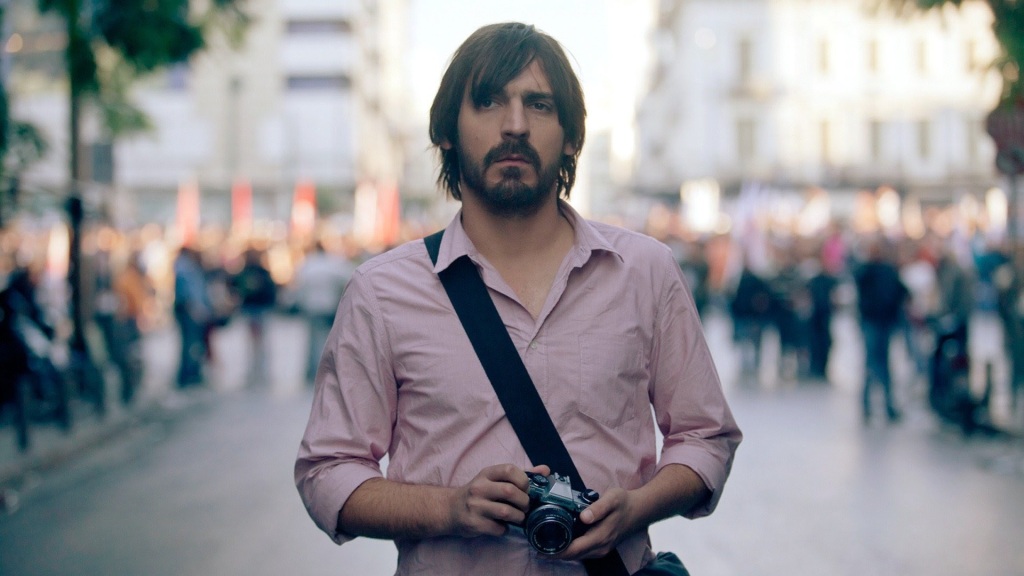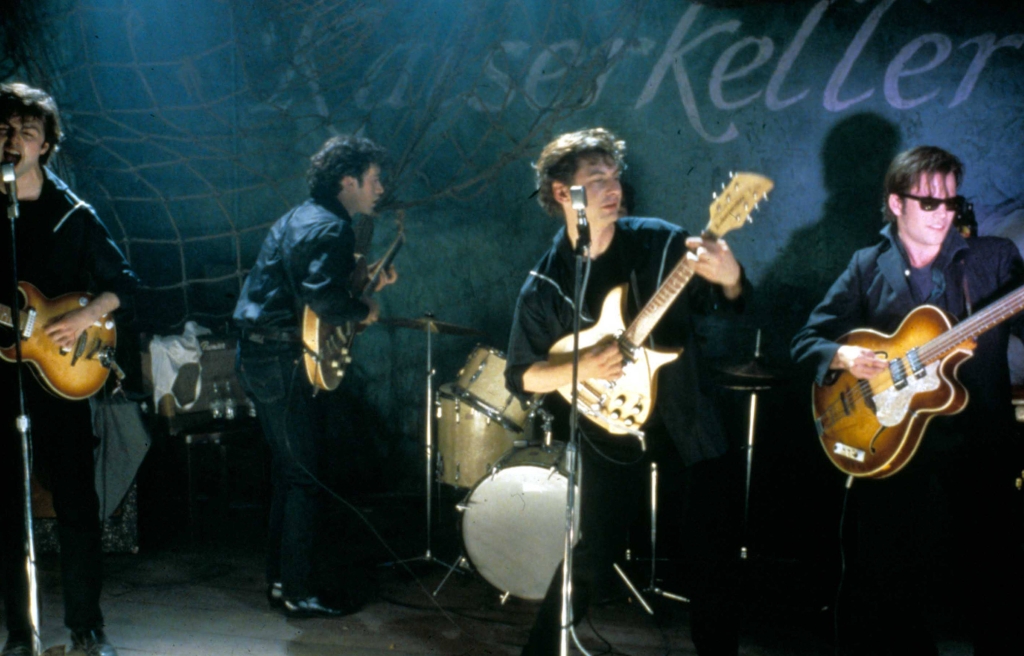Masaaki Yuasa has spent the last five years aggressively building a reputation as one of Japan’s most inventive and entertaining anime filmmakers. While he earned a healthy cult following with his 2004 feature debut Mindgame, it is through recent hits including The Night is Short Walk On Girl (2017), Lu Over the Wall (2017), Ride Your Wave (2019), and Japan Sinks (2000) that Yuasa seems to have captured a lot more attention among audiences. His latest film Inu-Oh, which premiered at last year’s Venice International Film Festival, is now screening around the world. It is a highlight of this year’s Sydney Film Festival; it truly deserves to be.
Three hundred years after a terrible civil war saw Japan’s Heike clan wiped out, a blind biwa musician named Tomona (Mirai Moriyama) teams up to perform with a talented dancer name Inu-Oh (Avu-chan). While from a wealthy family, Inu-Oh is an outcast living in rags and with a mask to cover his facial differences. Together Tomona and Inu-Oh’s performances challenge the traditional methods of performance – and even come to challenge the Shogun himself.
Inu-Oh was a real person, although details of his life and works have been lost over the centuries. Yuasa – working from writer Hideo Furukawa’s novel – imagines a 14th century world of feudal strife and clan warfare. Stories of battles, betrayals, and conflict are performed by a combination of music, song, and dance: what will eventually become known as noh, a traditional form of Japanese theatre still presented today. Such strong historical detail could potentially be a difficult view for a mass audience, so Yuasa lends a hand by recontextualising his central performers as rock stars.
It’s a well-used technique, and when pulled off successfully can fill any historical texts with contemporary relevance. Just like David Milch’s Deadwood (2004-06) swapped out 19th century cursing for modern-day swearing, and Baz Luhrmann’s Romeo + Juliet (1996) presented Shakespeare through the lens of Mexican crime families, Yuasa brings noh to life via androgynous pop stars, stadium light shows, and adoring hordes of screaming fans. It is a perfect means of demonstrating Inu-Oh and Tomona’s growing impact on 14th century Kyoto, as well as the building risk their agitprop songs present to the government of the day.
The songs are a highlight: Yuasa presents them at unexpectedly full lengths, transforming Inu-Oh from a lightly odd-looking drama into an as-close-as-may-be animated musical. Yoshohide Otomo’s score and musical compositions are outstanding. Combined with Yuasa’s free-flowing, slightly grotesque animation style, it makes the film a positive feast for the eyes and ears. The film never settles on a single genre for long, nimbly shifting from drama to comedy, history to fantasy, and whimsy to gravitas. It is not quite like anything in Japanese animation before it. It is another winner from one of anime’s most intriguing creative voices.
Inu-Oh has been screening at the Sydney Film Festival. For more information click here.





Leave a comment